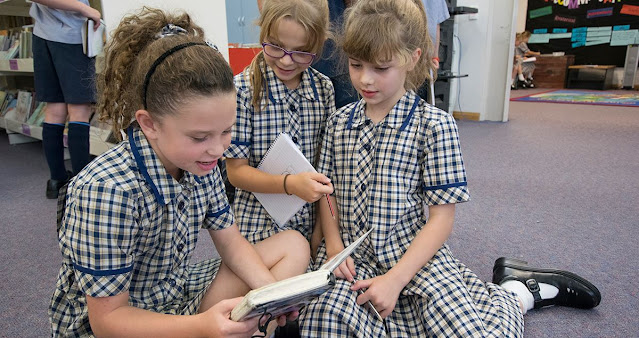Teaching Student Writers To Be Keen Observers
Writers As Observers
Writers need to develop a keen sense of observation. They learn to notice things. Teaching students to be keen observers is not only critical to their writing development, but has implications for developing their world view; their world knowledge. A large part of writing is related to close observation of the immediate world in which the writer operates. Writers react to this world and the events that occur within it. They stand out from the rest of the population because they choose to capture and record these reactions and observations.
If we want students to notice their world we must teach into it. We must assist them to grow as discriminating viewers. Developing a writer’s keen eye for observation will serve them well beyond just writing The more we notice, the more we chip away at our individual ignorance. The more we have to call upon when solving problems.
Observation works best if the observer is not pre-occupied with other matters. Sometimes it requires self talk to refocus the energies on the immediate surrounds. -to observe consciously.
Author and educator, Ralph Fletcher encourages writers to push beyond the sight of things and look at other less glamorous senses such as; smell, taste and touch when making observations.
This close observation is akin to eavesdropping. The writer listens for snatches of conversation. On the train, at the park, in a shop, -snatches of conversation float in the air awaiting capture. The writer notices simple behaviours –quirky, bizarre, normal. They may considered worthy of recording. They all have potential.
On a Brooklyn,NY bus one morning I overheard this snatch of conversation,
'When I grow up, I want to be a reporter and get my photo on the side of a bus for no particular reason.'
I heard this gem in a New York bar, 'You can’t just sit there and drink yourself into Bolivia!'
In a school staff-room I heard, 'The kids drink that blue juice and it’s so full of sugar- We’re the ones who should be drinking it- then we could keep up with them.'
I collect these pearls because I may be able to make use of them in some future piece of writing.
The writer notes an everyday event and draws attention to it. ‘He tugged gently at his beard as if to ensure it was secure.’
Sometimes a writer may look at small details, small things or brief actions. Remember a piece of writing is about something. That doesn’t mean the subject needs to be grandiose. “My sister turned and left the room without saying a word- that’s a story." -Particularly if my sister is not known for silent departures.
Learn to breathe in the world wherever you happen to be- in bed, under a tree, in your local coffee haunt, at the airport.
For less experienced observers, as student writers surely are, their search for collectibles may begin in the playground, at home, on the street. Noticing and noting behaviour and comments. Noticing their own behaviour is also a way to develop keener observation.
Learning to notice the special words of mentor authors is also a critical part of becoming a better observer. We must nurture student observation of the craft moves author's make. In this way their own writing is more likely to derive a benefit from reading.
You could begin by sharing your observations on the world. What did you see or hear that attracted your attention?
What got you thinking as you went about your daily life?
What did you experience that was worthy of writing down in your notebook?
Did you record something in your notebook because it amazed you, confused you, made you laugh or cry?
How could you use these recorded noticings?
Teaching young writers to be observant doesn't take a lot of effort. What it takes is a teacher willing to consistently share and celebrate curiosity and wonder and questions regarding the world. You'll be amazed at the results!
Me, I’m off to sit among people where I will enjoy a coffee and record some thoughts, some observations. It’s good to write in different places. It takes me away from the usual distractions of the house and re-attaches me to the world, beyond my usual writing space.







Comments
Post a Comment